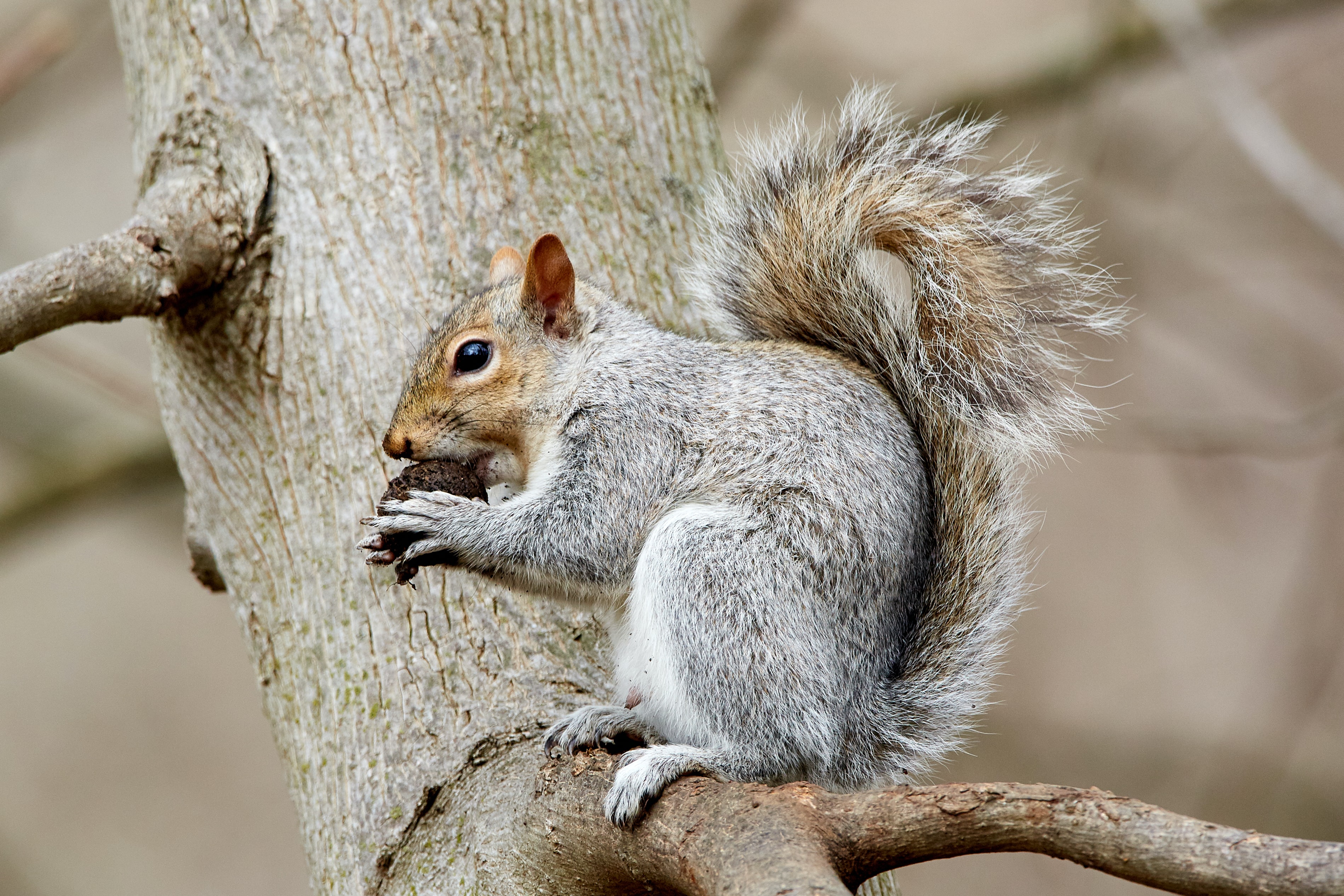 Squirrels can cause both structural and health issues if they choose to stay in your house. If you rent your house, you need to know if it’s your landlord’s responsibility to take care of squirrels or not.
Squirrels can cause both structural and health issues if they choose to stay in your house. If you rent your house, you need to know if it’s your landlord’s responsibility to take care of squirrels or not.
The landlord is responsible for squirrel removal before delivering the unit. However, the tenant is liable if the problem occurs a while after moving in. Each state’s law has specific nuances, and there may be relevant terms in the lease. So, read your lease terms and consult a lawyer to make sure.
In this article, I’ll answer the most common questions about whether squirrel removal is the responsibility of your landlord or not. Keep reading to solve this issue once and for all.
Quick navigation
When Is Squirrel Removal the Landlord’s Responsibility?
To determine whether your landlord is responsible for squirrel removal, first and foremost, you should read your lease carefully. Most leases detail under which circumstance your landlord has to deal with squirrels.
The lease often states that the landlord is delivering the unit in good shape and condition.
So, if the unit is infested with pests—or squirrels—at the time of delivery, the landlord is responsible. Even if the infestation occurs a short while after you move in, you can still expect your landlord to deal with the problem.
Nevertheless, each state or county has specific regulations regarding pest removal. For example, according to Massachusetts’ Landlord-Tenant Law, if the unit is infested while the landlord has taken necessary precautions, such as installing fences, the tenant is responsible for animal removal.
When Is Squirrel Removal the Tenant’s Responsibility?
If the infestation is a result of your own living behavior, such living behaviors include leaving garbage out or having an unhealthy lifestyle that attracts pests.
In this case, you are liable for both squirrel removal and fixing the damages.
However, this rule is valid as long as only one unit is dwelling with the infestation. If more than one unit has similar problems, the owner is responsible for keeping the place free of all pests and exterminating them.
In case you’re the one who caused the infestation, your landlord gets to document the issue on your record, which can hurt your credit and lead to severe consequences. What’s more, having a negative incident on your record can make it harder for you to find another place to rent. Landlords tend to run background checks on potential tenants before signing a lease.
So, clean up and do not keep food pieces around the house. Otherwise, a group of hungry squirrels may cause you trouble.
How to Inform Your Landlords of Squirrel Infestation
The way you inform your landlord matters if you want to protect your rights. Informal methods, such as a phone call, aren’t appropriate. Ideally, you should send your landlord a certified letter and request immediate action.
Again, you should refer to your lease first. The time the requirements for passing information like this are often stated in the lease.
Remember that your claims won’t be strong enough if you don’t go through the proper channels. And if you have no choice but to take it to higher authorities such as the court, your claims need to be strong to protect your money.
What Is the Solution if the Landlord Doesn’t Accept to Pay for Squirrel Removal?
Depending on your state of residence, you can take different actions in case your landlord is unrightfully refusing to pay for squirrel removal.
For example, if your problem is critical and can cause health issues, you can take legal measures to resolve it. But make sure to consult a lawyer for more detailed and specific answers.
In some states, you can resort to a legal procedure called “repair and deduct.” That lets you withhold rent until the problem is taken care of. Sometimes you can pay for the pest removal and ask your landlord for reimbursement later. The latter is better as some pests like squirrels are a viable threat to the family’s health.
In Ohio, the lease agreement comes first in determining the responsible party for squirrel removal. If the landlord accepted this responsibility in a section of the lease, they must honor the agreement. Moreover, if the squirrel problem is a health hazard, Ohio law (R.C. 5321.04(A)(1)) clearly states that your landlord must provide squirrel removal services.
Similarly, in Maryland, the lease agreement comes first. The Maryland landlord-tenant statutes and local case precedents are further references. According to the state’s regulations, if you contributed to squirrel attraction, you’re partly responsible for its removal. For example, if the landlord repairs the damage as his part, you should pay the extermination fees.
If you live in New York City, as an alternative to repair and deduct, you can complain to the NYC Department of Housing Preservation and Development (HPD). This will automatically trigger an inspection of your unit. If your apartment proves to be infested by an inspector, then your landlord will receive a violation warning. If they fail to fix the problem during the ordered timespan, they will have to pay fines.
In case the state’s law isn’t clear on the topic, and your lease is month-to-month, there is another suggestion for you. You can just give the landlord a 30-day notice and move out. They’ll have to pay for the damage and pest removal if they want to put the unit under lease in the future. This way, you can avoid fighting with your landlord and going through legal procedures.
Just remember that this solution only works if you move out based on the terms of your lease. Don’t wait long enough for squirrels to damage the property, or you’ll have to pay for their masterpiece!
What Can Tenants Do if They’re Unhappy With the Process or the Result of Squirrel Removal?
Is the process of animal removal not fast enough? Do the squirrels come back? There are some things you should consider.
Firstly, try writing a formal letter to your landlord in a firm but polite tone. Explain the situation and why you can’t wait any longer for the problem to get fixed. Present tangible proof of the danger that you are in. Even if the landlord doesn’t accept your request, the court will, if your case is persuasive and based on evidence.
You should also consider that some pests are difficult to remove. So, try to be patient if possible. If your landlord calls expert animal removers to solve this problem, trust them to do their job. There must be a good reason for experts to tell you that the process will take a few days more than expected.
Conclusion
In general, this is how to determine who should deal with squirrel infestations:
- The landlord is responsible for squirrel removal before delivering the unit to the tenant and a short while after moving in.
- The tenant is responsible for squirrel removal if their living behaviors attract and result in infestations.
Here are other points to consider:
- Carefully read the terms of your lease before reaching out to your landlord.
- You should approach your landlord formally and through a certified letter to safeguard your rights.
- Depending on where you live and the state’s law, you can take legal measures if the landlord ignores or rejects your request.
- If you are unhappy with the process of squirrel removal, you can take action by writing to your landlord one more time and informing him about the situation.



